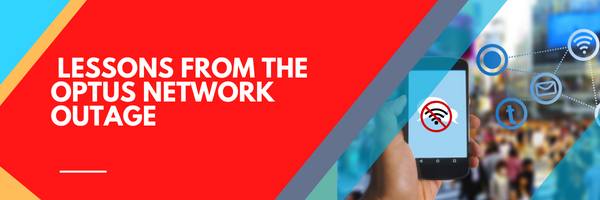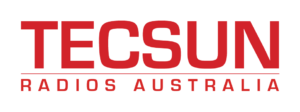
The recent Optus Network outage in Australia, which left over 10 million people without phone service and internet access for a prolonged nine hours, is yet another reminder of the importance of preparedness. As more Australians questioned the wisdom of relying on a single network for both home internet and mobile phone service, it’s a wake-up call for everyone to consider alternative methods of staying in touch with the outside world, like shortwave radio. In this blog, we’ll explore how this outage affected millions and how radio can be a reliable lifeline during such emergencies.
The Impact of the Optus Network Outage
The Optus Network outage had a profound impact on daily life for millions of Australians. Businesses, especially those heavily reliant on EFTPOS machines, were among the hardest hit. One hospitality business in Sydney’s inner suburbs, operating in a predominantly cashless society, saw an 80% drop in customers during the outage. For many, particularly the younger generation, who have never experienced life without a phone, it was a bewildering experience. Many of the older generation enjoyed a day off.
Preparedness is Key
Events like the Optus outage serve as a stark reminder to be prepared for any emergency event or network outage. The outage disrupted not only daily life but also critical emergency services. Some mobile phones couldn’t reach triple-0 (Australia’s emergency number), and hospitals across the country, including virtual emergency departments in remote areas, were severely impacted. Lives were at risk due to the inability to communicate with emergency services during this crisis.
Why Shortwave Radio Matters
AM, FM and Shortwave radio, a technology over a century old, demonstrated its enduring value once again during the outage.
When everything else, including the electrical grid, internet, and cell service, fails, radio stood strong. It can relay information immediately if it’s equipped with backup power, making it a reliable source of communication during emergencies.
Tips for Shortwave Radio Preparedness
- Ensure that you and your family have AM/FM/shortwave radios readily available. You never know when you might need them.
- Learn how to operate your radio. Practice tuning in and show your family and friends how to tune in to local and international stations to stay informed during an outage.
- Store your radio in an easily accessible location. In an emergency, every second counts.
- Keep your radio charged or stock up on fresh batteries to ensure it’s always ready to use.
It’s easy to take for granted in our interconnected world, but when it’s suddenly unavailable, the consequences can be dire. Shortwave radio, a time-tested technology, can be a lifeline in times of crisis, offering a reliable means of communication when all else fails. Don’t wait until you need it; be prepared, keep your shortwave radio ready, and ensure that everyone in your family knows how to use it. In a world of uncertainty, this simple yet powerful tool can make all the difference.
We have two fantastic emergency radios available in our web store at very affordable prices.



Leave a Reply
Want to join the discussion?Feel free to contribute!